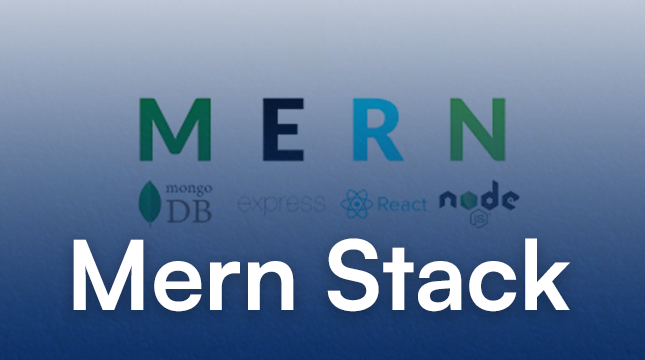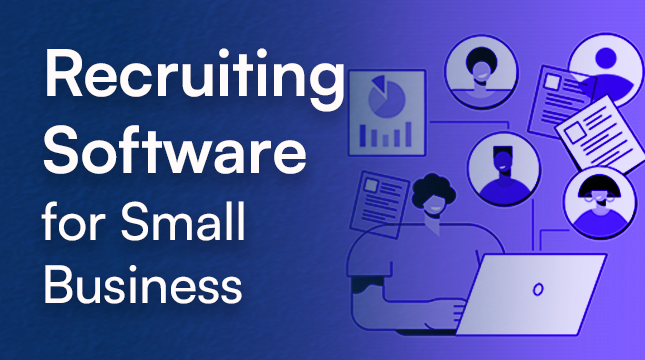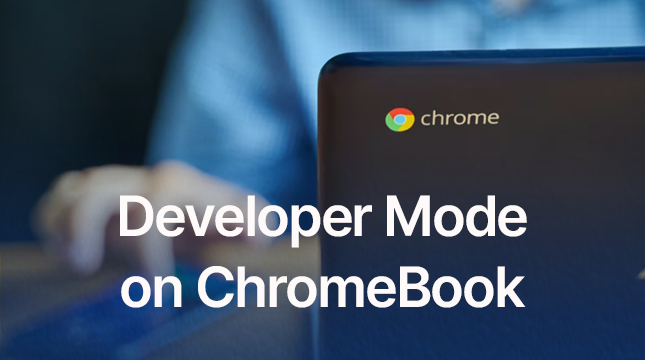This website uses cookies so that we can provide you with the best user experience possible. Cookie information is stored in your browser and performs functions such as recognising you when you return to our website and helping our team to understand which sections of the website you find most interesting and useful.
Building Apps with the MERN Stack

The MERN stack is a popular choice for web development, combining four powerful technologies: MongoDB, Express.js, React, and Node.js. In this article, we will explore the key components of the MERN stack and how they work together to create dynamic and efficient web applications.
What is MERN stack?
MERN is an abbreviation for four key technologies that, when combined, form a full-stack development environment:
- MongoDB: A No SQL document database known for its flexibility and scalability. MongoDB stores data in JSON-like documents, unlike traditional relational databases, making it ideal for modern web applications.
- Express.js: A lightweight web framework built on top of Node.js that simplifies back-end development. Express provides a robust set of features for creating APIs, handling routing, and managing server-side logic.
- React.js: A popular JavaScript library for building dynamic and interactive user interfaces (UIs). React’s component-based architecture promotes code reusability and maintainability, making it a favorite among front-end developers.
- Node.js: An open-source JavaScript runtime environment that allows developers to execute JavaScript code outside the browser. Node.js forms the foundation of the MERN stack, enabling server-side scripting and real-time communication.
Advantages of the MERN Stack
- Full-Stack Solution: MERN provides a complete technology stack for client-side and server-side development.
- Single Language: JavaScript is used throughout the stack, making development more consistent and easier to manage.
- Strong Community Support: Each component of the MERN stack has a large and active community, ensuring continuous improvement and support.
- Flexibility: React allows the development of complex applications with a component-based architecture, while MongoDB offers flexibility in data modeling.
- Performance: Node.js and Express.js provide a high-performance, asynchronous environment for handling multiple requests efficiently.
Getting Started with the MERN Stack
Step 1: Install Node.js and npm: Make sure you have Node.js and npm installed on your system. You can download them from the official Node.js website.
Step 2: Set Up MongoDB: You can either install MongoDB locally or use a cloud-based solution like MongoDB Atlas. Follow the MongoDB installation guide for instructions.
Step 3: Create a React Application: Use the Create React App to set up a new React project.
Code
npx create-react-app my-app
cd my-app
npm start
Step 4: Set Up Express.js: Create a new directory for your server and install Express.
Code
mkdir backend
cd backend
npm init -y
npm install express mongoose
Step 5: Connect to MongoDB: Use Mongoose to connect to your MongoDB database in your Express application.
Code
const mongoose = require(‘mongoose’);
mongoose.connect(‘mongodb://localhost/my-database’, { useNewUrlParser: true, useUnifiedTopology: true });
Step 6: Develop Your Application: Start developing your app by creating RESTful APIs with Express, handling data with MongoDB, and creating a dynamic front-end with React.
Conclusion
If you’re convinced that the MERN stack aligns perfectly with your web app vision, then Netizens is your go-to partner. With expertise in MongoDB, Express.js, React, and Node.js, we can transform your vision into a high-performance application. Our team of skilled developers is dedicated to delivering top-notch solutions tailored to your business needs, ensuring seamless integration and exceptional user experiences. Let us help you harness the power of the MERN stack to build an app that stands out in today’s competitive market.

Let's Start Your Project
Get free consultation for your digital product idea to turn it into reality!
Get Started






